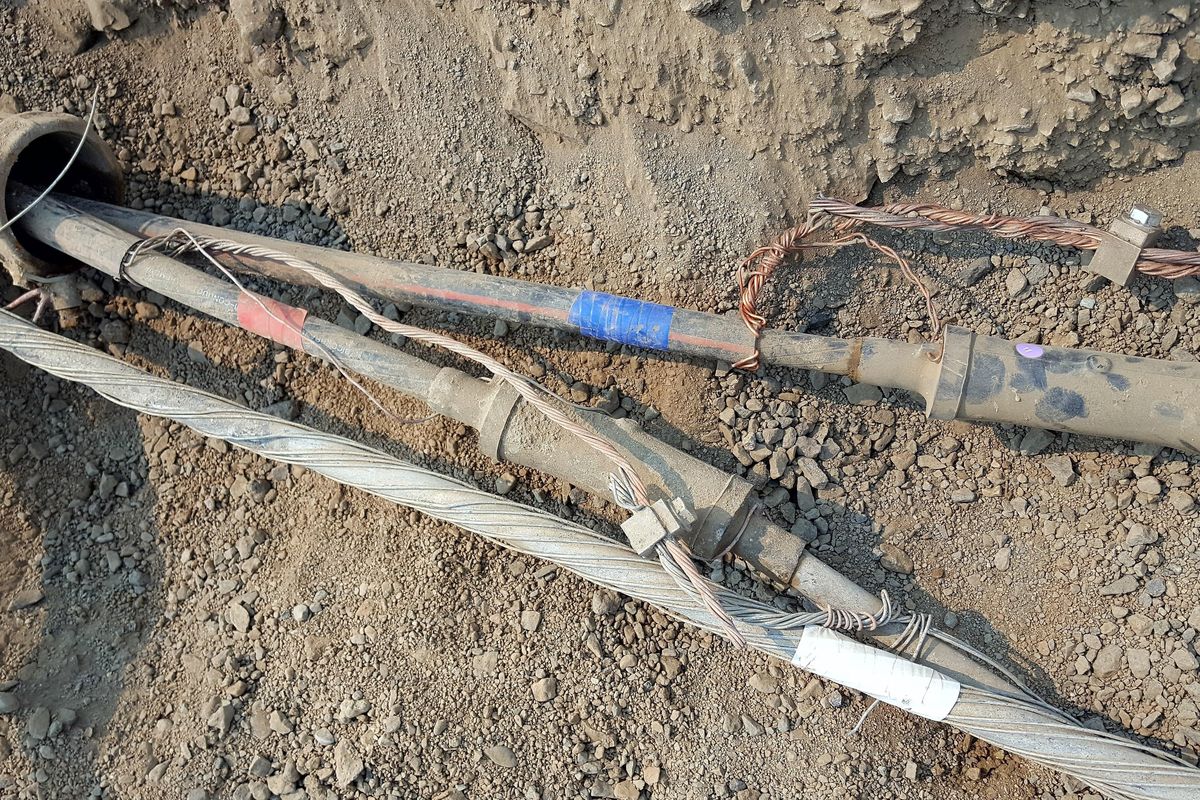Spokane County Raceway cancels events due to power outage

Multiple events on the Spokane Super Oval at the Spokane County Raceway were canceled over the weekend because of a power outage caused by decades-old wiring.
“It’s totally shot,” Craig Smith, the raceway operator, said of the electrical system that powers overhead lights around the half-mile oval track.
Smith said the cables that run underneath the track tend to break in the summer heat. He said they have caused numerous power outages since he took over raceway operations six years ago, including three in 2015.
“We dug up all the old wire two weeks ago” – after another recent outage – “and it had been spliced 14 different times,” he said.
Smith leases the county-owned raceway facility, which also includes a drag strip and a road course, for $65,000 a year. Two years ago he hired a subcontractor to manage the oval track, which had hemorrhaged hundreds of thousands of dollars because of low attendance and racing fees.
While the operators absorb losses related to the racing business, Smith said the county is responsible for facility upgrades. He’s in talks with Inland Power and Light Co. and expects some long-term electrical repairs to begin after the racing season. He said he doesn’t know how much that work will cost.
Inland Power’s chief operating officer, Glen Best, said most of the 315-acre raceway facility has working, up-to-date electrical infrastructure, and the oval track area is an exception.
“That seems to be the area where they have the most problems,” Best said. “That stuff is all original, and it’s probably 50 years old, and it’s in dire need of repair.”
Best said the old cables are not a safety hazard because they are buried underground.
With no lights around the oval track, some events will likely be rescheduled at earlier times so drivers can take advantage of the daylight, Smith said.
The county commissioners purchased the raceway for $4.1 million in 2008, angering some taxpayers who called it a waste of money. Former Commissioner Todd Mielke, who spearheaded that purchase, has argued the raceway is a profitable investment.
Before Smith, several previous operators under contract with the county had lost nearly $1.5 million.